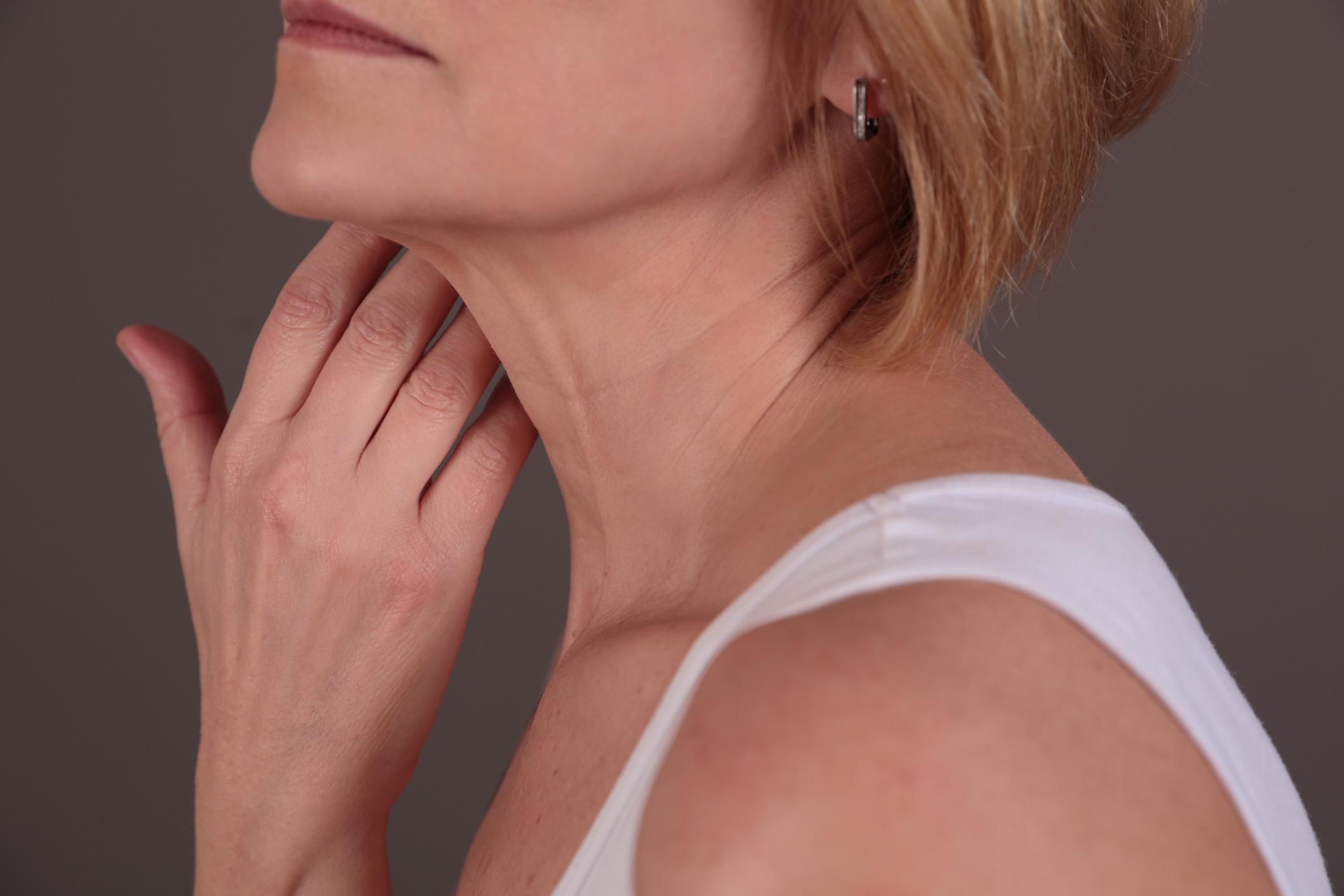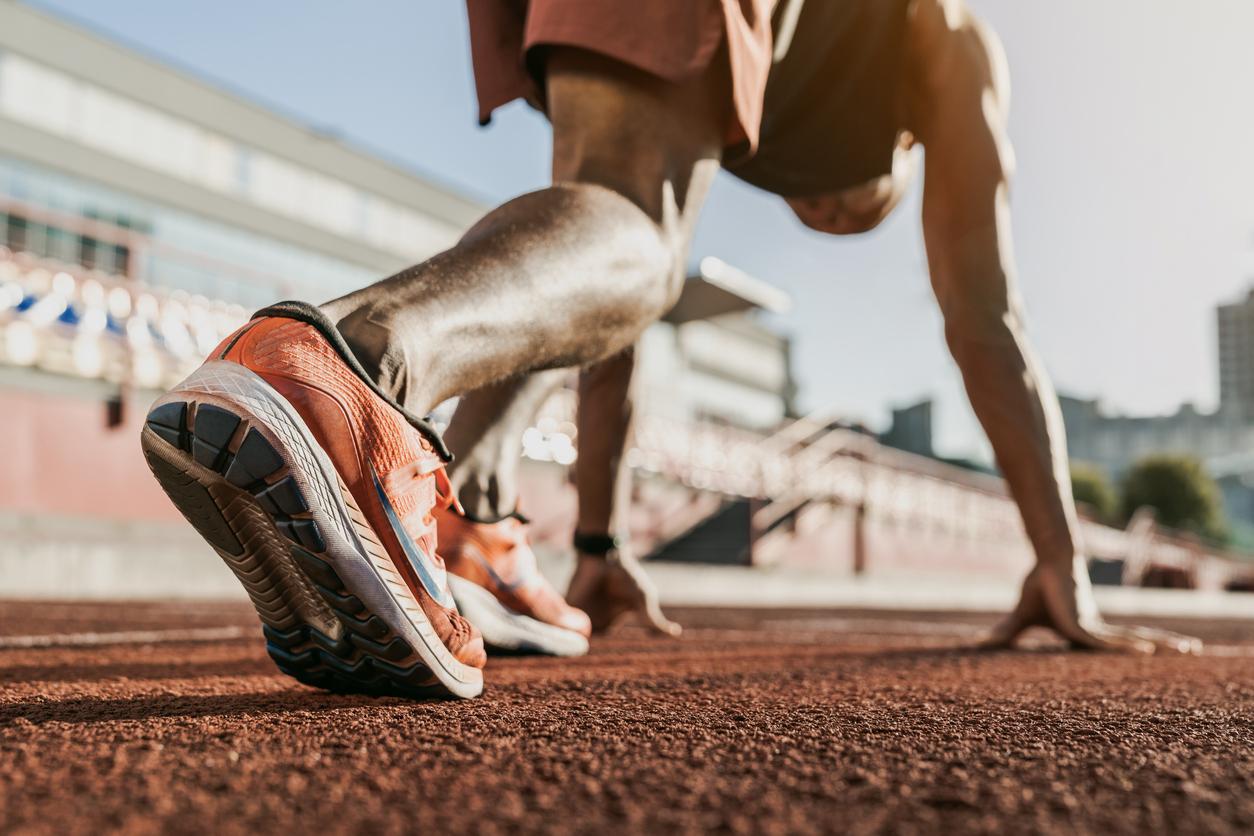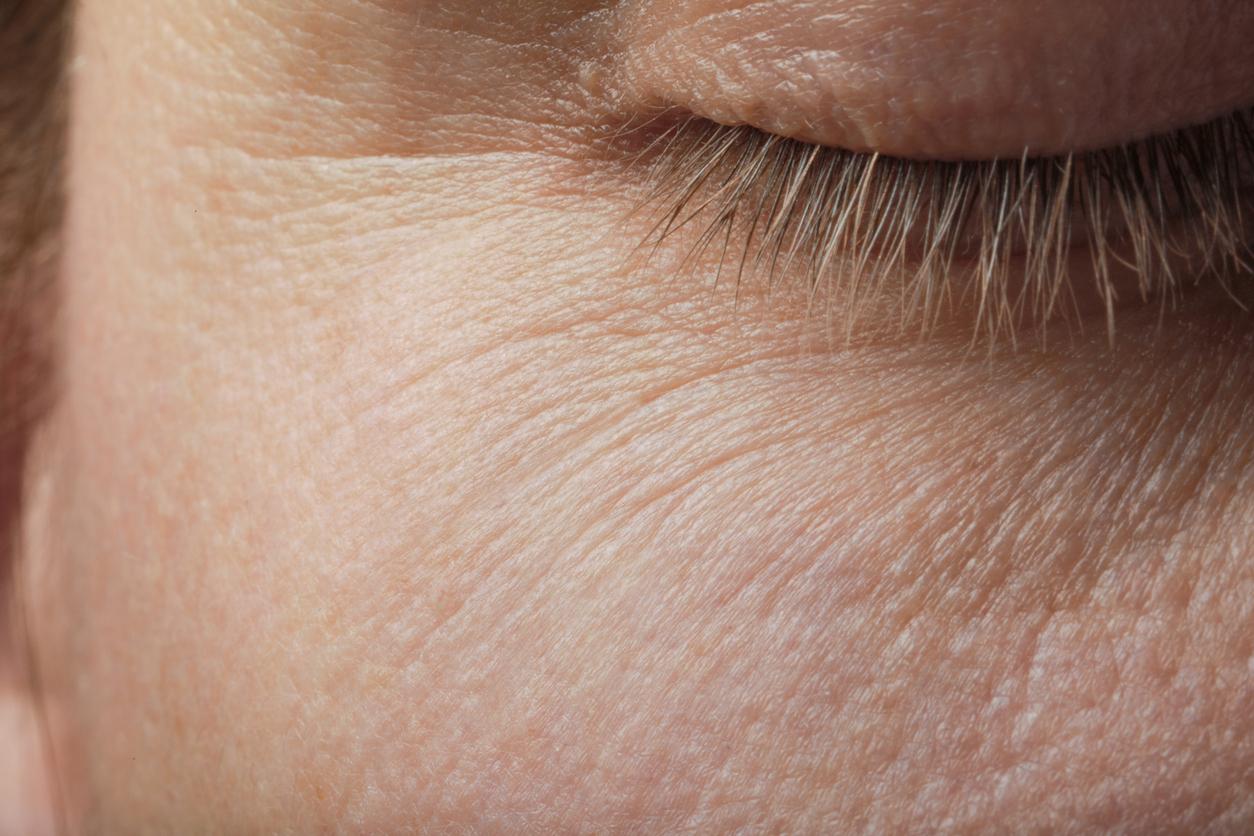
24 hours in the life of your body
Every day, your body completes a series of tasks. This happens so punctually that you can set the clock to it.
Our organism works according to a biological rhythm that corresponds to the 24 hours it takes for the earth to rotate on its axis. Fascinating, isn’t it? This so-called circadian rhythm regulates most of our biological and behavioral functions: our wake and sleep cycles, body temperature, blood pressure, hormone production, heart rate, but also our cognitive ability, mood and memory. An internal clock provides that rhythm. In humans, this clock is located in the hypothalamus, a small area in the brain. But all animals, even plants and unicellular organisms, have their own internal clock.
Set the clock
This internal clock works largely independently, but also synchronizes with daylight. We now know that night work and shift work can cause sleep problems, reduced alertness and mood disorders, promote cardiovascular disease and even increase the risk of certain cancers. An extensive study a few years ago showed that women who regularly work at night increased the risk of cancer by 30 percent. Apparently there are consequences when you change your rhythm. The Nightingale Study is now investigating the possible link between night work and breast cancer among a large group of Dutch nurses. These results are obviously eagerly awaited.
Researchers have managed to take advantage of that circadian rhythm. Think of chronopharmacology, a science that examines the best time of day to administer medication – especially chemotherapy.
The French research center Inserm (Institut national de la santé et de la recherche médicale) has shown that in patients with cancer of the digestive system, some treatments are five times less toxic if they are administered at 4 o’clock in the afternoon instead of 4 o’clock in the morning. be administered. This proves that chronobiology is very interesting for treatments.
Your body around the clock
Between 06.00 and 08.00
A new day dawns, the alarm goes off and the wake-up hormone cortisol gets to work. This hormone, which is produced in the adrenal glands, peaks between 6 and 8 a.m. Cortisol converts fats into sugars and thus ensures that your body has enough energy to get going. Around this time, ghrelin is also released, the hormone that sharpens your sense of hunger: the energy you get from your breakfast then takes over. That first meal of the day takes 24 hours to digest! Your food stays in your stomach for 4 hours, then 6 to 7 hours in your small intestine, the same amount of time in your large intestine, and another 6 to 7 hours in your rectum.
Your blood pressure also rises in the morning. It remains high until the late afternoon and then gradually decreases, reaching its lowest value during the night. It is therefore not illogical that a heart attack and a stroke occur more often in the mornings. That is why it is not recommended to do cardio sports immediately after getting up. It is better to start the day with a session of tai chi or yoga.
During the day
During the day, nervous system, muscles, heart rate and breathing perform at their maximum. Intellectually, according to chronobiologists, you are extremely alert between 9 am and 11:30 am, between 3 pm and 4 pm and between 7 pm and 8 pm. The beginning of the afternoon is suitable for learning new concepts (short-term memory), the afternoon for systematising, using and anchoring acquired knowledge (long-term memory). Between 11:30 am and 3:00 pm your alertness decreases, partly under the influence of your digestion. The ideal time to relax and take a nap. Most people also seem to tolerate pain a little better in the afternoon.
At the end of the day
The sleep hormone melatonin is the cornerstone of the circadian rhythm. At the end of the day, when it’s time to go to bed, its production increases, making it easier to fall asleep. However, external light can affect production. So take it easy with screens, smartphones and tablets before going to sleep: the blue light emitted by screens activates your retina’s light-sensitive receptors a hundred times more than white light and can significantly delay sleep.
Bedtime
By bedtime, your body temperature also gradually drops and you lose heat through your hands and feet. The signal that it is time to go to sleep. A good night’s sleep is indispensable for well-being: sleep activates your memory, your mental balance and your immune system.
In fact, a 2012 study showed that even a single sleepless night profoundly disrupts the activity of granulocytes, which play a key role in immunity. For sweet dreams, you have to rely on vasopressin, a hormone secreted by your adrenal glands. It ensures the reabsorption of water in your kidneys and thus prevents dehydration and the urge to urinate at night. And tomorrow your body will do all those tasks again.
Right time, right medicine
There are two criteria that influence how effective a medicine is and how well you tolerate it: the time you take it and whether you take it before, during or after a meal. “Ask your doctor and your pharmacist for advice,” advises Dr. Michel Vanhalewyn, general coordinator of the SSMG (Société Scientifique de Médecine Générale), the association of general practitioners in Belgium. “If you have to take your medication before a meal, that means 15 to 30 minutes before.”
Certain drugs, such as cholesterol-lowering statins, are better taken in the evening. Medications containing cortisone should be taken in the morning to align with your body’s cortisol release. “Don’t take painkillers that contain stimulants such as caffeine in the evening, so as not to disturb your sleep,” Vanhalewyn adds. Afraid of going to the dentist? Then learn to decipher the fluctuations of your own biorhythm and choose the best time to work on your teeth based on that.
“You often feel pain most strongly in the morning. Migraine patients can relate to that. But that obviously differs from person to person. Therefore, listen carefully to your own body and adjust your behavior accordingly,” Vanhalewyn advises.
Sources):
- Plus Healthy















